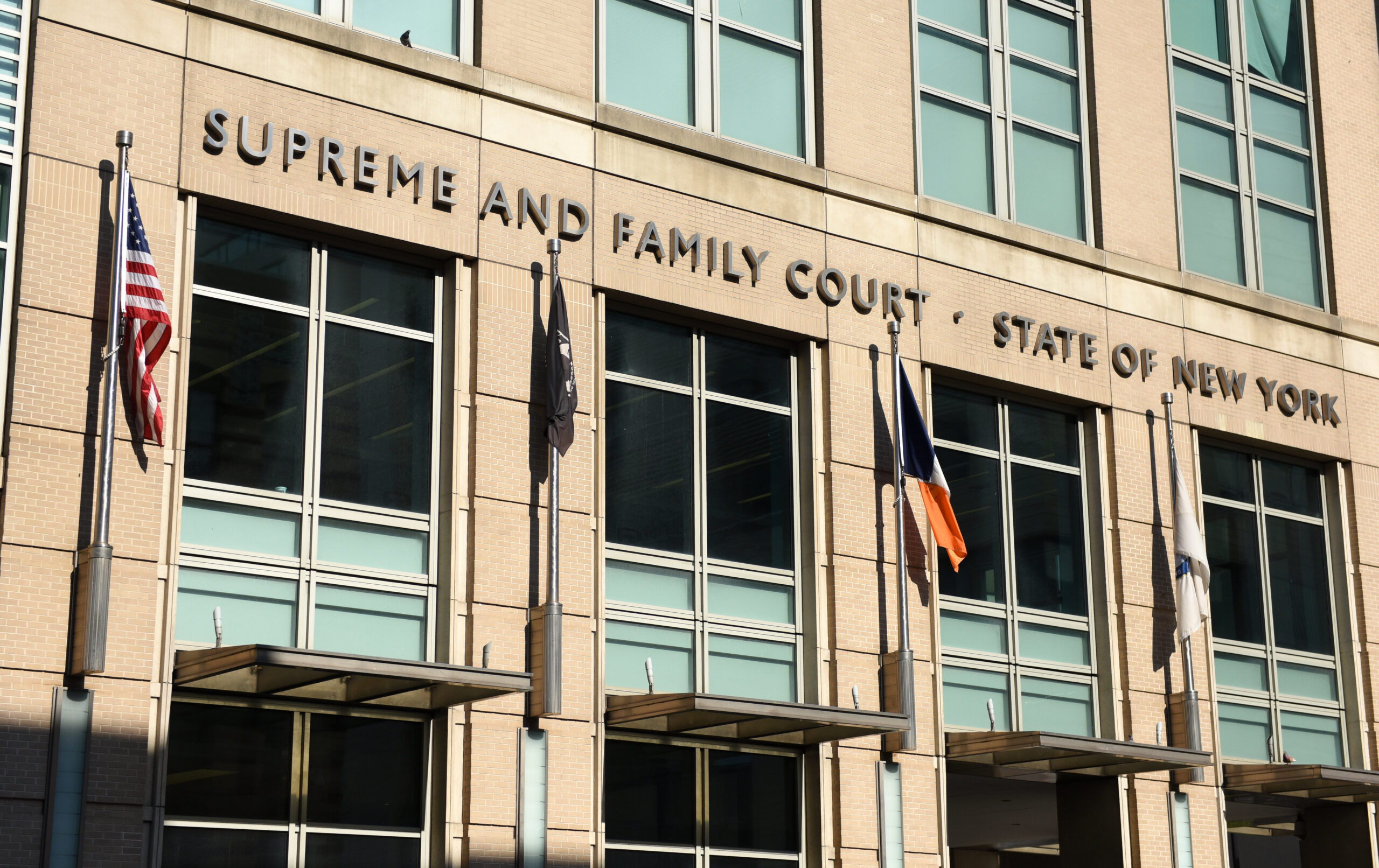Justice Matters
Kings County Law Day: “Civics, Civility and Collaboration”

By David Mark Greaves, May 18, 2023
At a time when books are being banned, curricula are politicized, civics is not studied, civility is seen as a weakness, collaboration is considered capitulation and the enemy, and with White supremacists marching through Washington, DC this past Sunday, last week’s Law Day theme, “Cornerstones of Democracy: Civics, Civility, and Collaboration,” was a celebration of these virtues and a reminder that they must be fought for and practiced.
Throughout the presentations, there were no allusions to present-day turmoil. The theme alone spoke loudly enough.
The notion of the rugged individual, sovereign unto himself, without an understanding of the responsibilities in society to others, was addressed by Judge Roland Wilson, newly appointed as Chief Judge of New York and the Court of Appeals when he spoke of the importance of a civics education. And for citizens not to be grounded in the rights and duties of citizenship, makes society weaker.
Deputy Chief Administrative Judge Deborah Kaplan referenced the Civility Initiative at John Hopkins University, which defines civility as “behavior that demonstrates consistent respect for others, including an effort to understand differences,” to which Judge Kaplan adds, “more than that, is treating everyone with dignity.”
In 2020, the American Psychological Association published a survey “Stress in America: A National Mental Health Crisis,” which is prescient in warning, “We are facing a national mental health crisis that could yield serious health and social consequences for years to come.” As that crisis unfolds across the nation, it is happening alongside the ongoing attacks on the pillars of democracy through gerrymandering and voter suppression. And here, Judge Kaplan’s quote from the Civility Initiative, “Society itself begins to fray if democracy is weakened,” serves as a warning, and “The higher the level of civility the lower the level of violence,” shows a way forward.
Allegiance to the rule of law has a long history. The Bill of Rights Institute points out that “The Greek philosopher Aristotle wrote, ‘It is more proper that law should govern than any one of the citizens,” and Founding Father John Adams famously wrote of the Massachusetts Constitution, “to the end, it may be a government of laws and not of men.” It is this goal of the law to recognize all citizens as equal that binds us together, and as Deputy Chief Administrative Judge Edwina Richardson Mendelson said, “Law is the heart and sinew of the nation.”
Keynote speaker Sylvia Hinds-Radix, Corporation Counsel for New York, spoke of the theme as “Giving us a unique opportunity to reflect on the foundations of our legal system and the cornerstone of the nation.” And that “our collaboration makes this democracy stronger, stronger in our diversity, and stronger in our ability to teach and to learn.”
Judge Hinds-Radix went on to note the importance of not only achieving but making a path for others. Because she says, doing nothing “to ensure that those who come behind us have the tools to make sure that this nation survives,” is a failure of our responsibility to the future.
At the end of the program, Administrative Judge for Civil Matters, Lawrence Knipel, was happy to be able to declare that the Kings County court system had recovered from the pandemic and its lingering effects and was now exceeding pre-pandemic levels of activity. And that was something to be recognized and celebrated.


